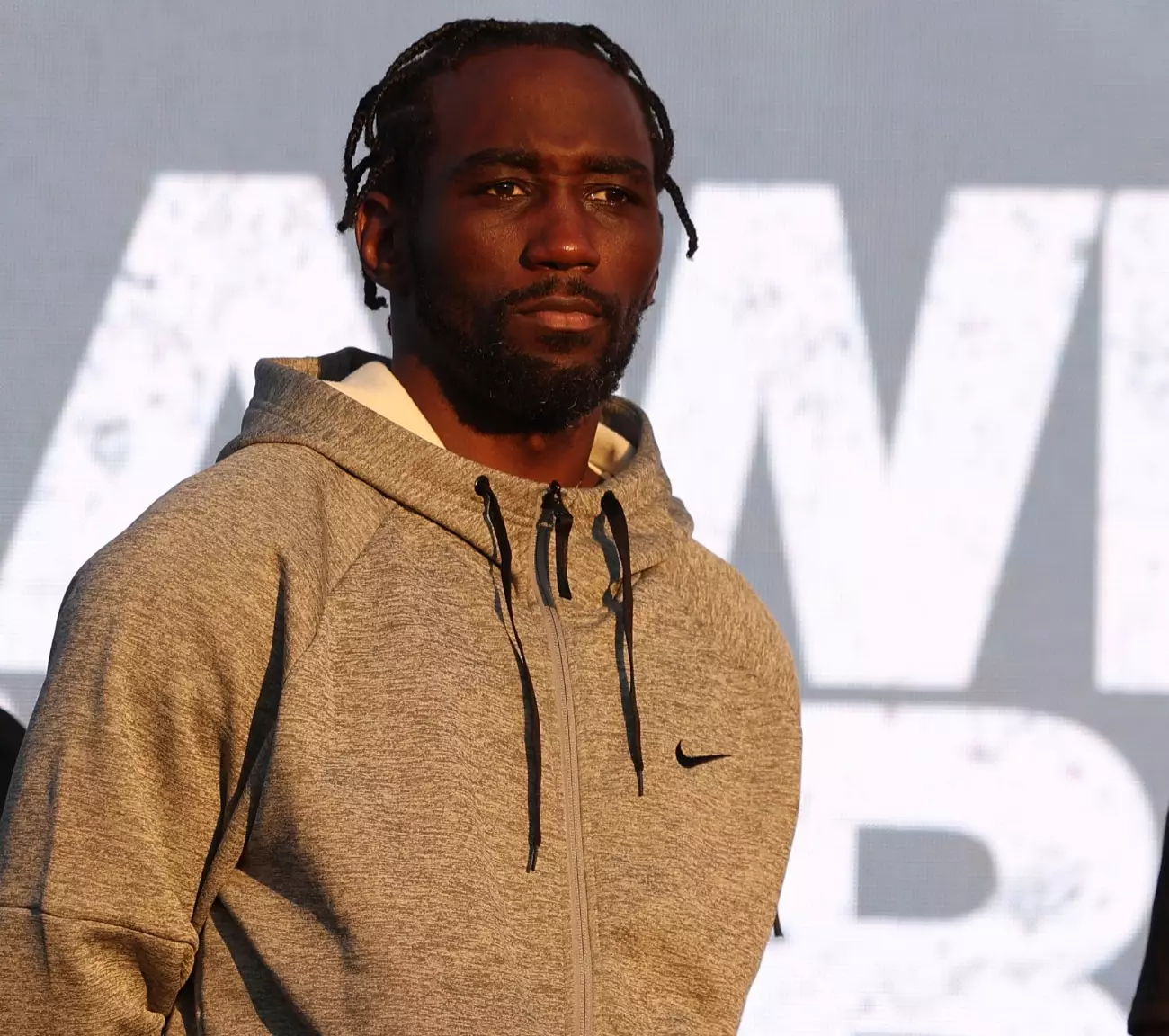As the boxing world buzzes with anticipation for a potential mega-fight between Terence Crawford and Canelo Alvarez, the intricacies of the matchup raise questions about management strategies and the implications of weight regulations. Crawford’s trainer, Brian ‘BoMac’ McIntyre, has made it clear that he does not support the implementation of a rehydration clause ahead of their likely September bout. This decision to forgo such a stipulation reflects a deeper understanding of the dynamics at play, particularly concerning the power structure within professional boxing.
Crawford, despite his skills and accomplishments, lacks the level of star power that would allow him to dictate terms when facing a boxing icon like Canelo Alvarez. With an impressive record of 62 wins, Canelo stands as one of the most marketable figures in the sport. When pitted against a fighter of Canelo’s stature, Crawford’s considerable pedigree does little to alter the balance of influence. Imposing a rehydration clause could risk the entire negotiation, potentially leaving Crawford sidelined from what could be a lucrative fight—often referred to by fans as Crawford’s “retirement match.”
The conversation around rehydration clauses often revolves around the physical advantages they can create in the ring. Fighters who need to cut weight for bouts frequently balloon back to heavier weights after weigh-ins, a tactic that can lead to significant disparities in strength and size. While McIntyre dismissed the idea as “weak,” the reality is that rehydration practices in the sport can significantly impact performance. Canelo, known for not relying on extreme weight cuts, maintains his physicality without jeopardizing his health, a factor that plays into his market dominance.
Crawford’s potential challenge against Canelo is framed not just as a sporting event but also as a critical financial opportunity. Moving up two weight classes without a preparatory fight in the middle places Crawford in a precarious position, risking a miscalculation in approach. The fighter’s decision-making seems influenced by Turki Al-Sheikh’s desire to make this bout happen, showcasing how outside interest can shape matchups that might otherwise be less appealing. Industry observers warn that financial security through high-profile fights outweighs the potential benefits of contesting for inflated conditions like a rehydration cap.
The impending fight between Terence Crawford and Canelo Alvarez is layered with complexities that extend far beyond the boxing ring. McIntyre’s rejection of a rehydration clause serves as a tactical concession in the face of market dynamics and indicative of Crawford’s current standing. As fans look towards the ring, it is essential to recognize the broader implications of sports negotiations, particularly in a sport where weight control can dictate not just a fight’s outcome but a fighter’s legacy. The buzz surrounding this potential match hints at excitement, yet also embodies the precarious balance that fighters must navigate in high-stakes environments.


Leave a Reply